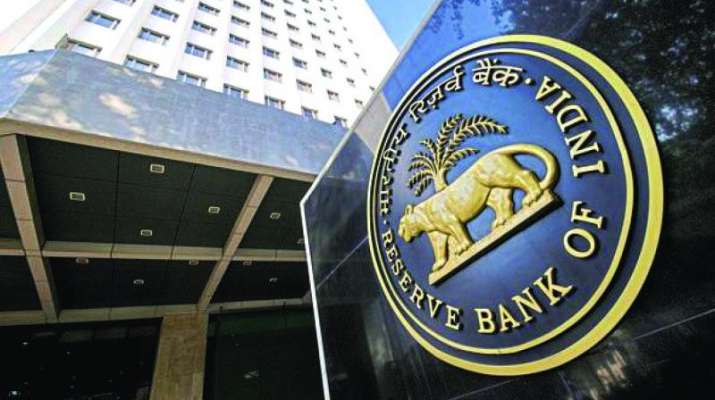
The Union Cabinet, chaired by PM Modi, approved an ordinance on June 24 to bring urban co-operative banks and multi-state co-operative banks, under the direct supervision of the Reserve Bank of India (RBI). It brings 1,540 cooperative banks (1482 urban cooperative banks & 58 multi-state cooperative banks) under the central bank’s supervision.
This step has been taken to protect the interests of the depositors. About 8.6 crore depositors have savings in these banks of around Rs 4.84 lakh crore.
This decision has been taken in the wake of scams in co-operative banks like the Punjab and Maharashtra Co-operative (PMC) Bank scam. To provide some perspective, urban cooperative banks failures occur with alarming regularity. Their numbers fell from 1,926 in 2004 to 1,551 in 2018, as per RBI data. So far in the year 2020, 44 co-operative banks have been put under the RBI’s supervision for flouting prudential norms. The RBI also had to cancel the license of two co-operative banks- CKP Co-operative Bank in Maharashtra and the Mapusa Urban Co-operative Bank of Goa.
The RBI said in its recent report that urban co-operatives reported nearly 1000 fraudulent transactions worth more than Rs.220 crores in the last five fiscals.
[You may also read: The PMC Bank Scam Explained]
Now that the ordinance is passed, large co-operative banks will be regulated like commercial banks. It will improve the governance of co-operative banks.
Currently, there is a dual regulatory structure for urban co-operative banks that is split between the RBI and the Registrar of Cooperative Societies (RCS). Banking functions are regulated by the RBI and the management related functions by the RCS. This has led to the overlapping of authority and regulatory lapses in these banks.
The RBI has limited powers. The RBI cannot proceed with the reconstruction of co-operative banks without imposing a moratorium to restrict its activities. It was because of this that the depositors of the PMC bank had to face restrictions on withdrawal.
Therefore, the Government has amended Section 45 of the Banking Regulation Act, which will now enable the central bank to proceed with reconstruction or amalgamation of co-operative banks in public interest, without first imposing a moratorium to avoid disruption of its operations. The RBI could devise a reconstruction plan for Yes Bank without imposing any withdrawal restrictions as it was a commercial bank directly under its supervision.
Also, the other regulator, Registrar of Cooperative Societies (RCS) comes under state Governments/ Central Government and it led to a lot of political interference. [For rural co-operative banks, the regulation is split between the National Bank for Agriculture and Rural Development (Nabard) and Registrar of Cooperative Societies (RCS)].
The books of the co-operative banks are audited by the RCS and the RBI inspects them only once a year. Now, the RBI will have the power to audit the books, which will enable it to take preemptive steps to prevent scams like PMC from happening again.
To limit political interference, the recruitment for the bank’s management will have to be based on certain qualifications. The auditing will be done as per the RBI guidelines. The RBI will also have the power to supersede the board of any co-operative bank.
The co-operative banks will also have to provide details of borrowers with loans more than Rs.5 crore, and when these loans are written off.
To conclude, this ordinance is meant only for urban co-operative banks and multi-state co-operative banks. The rural co-operative banks will continue to be governed like before. This could be because the urban co-operatives are just 1542 in number, while there are 96606 rural co-operative banks. Bringing these co-operatives under direct supervision would be a daunting task for the central bank of India.
Economyria is now on Telegram. For a simplified analysis of topics related to economy/ business/ finance, subscribe to Economyria on Telegram